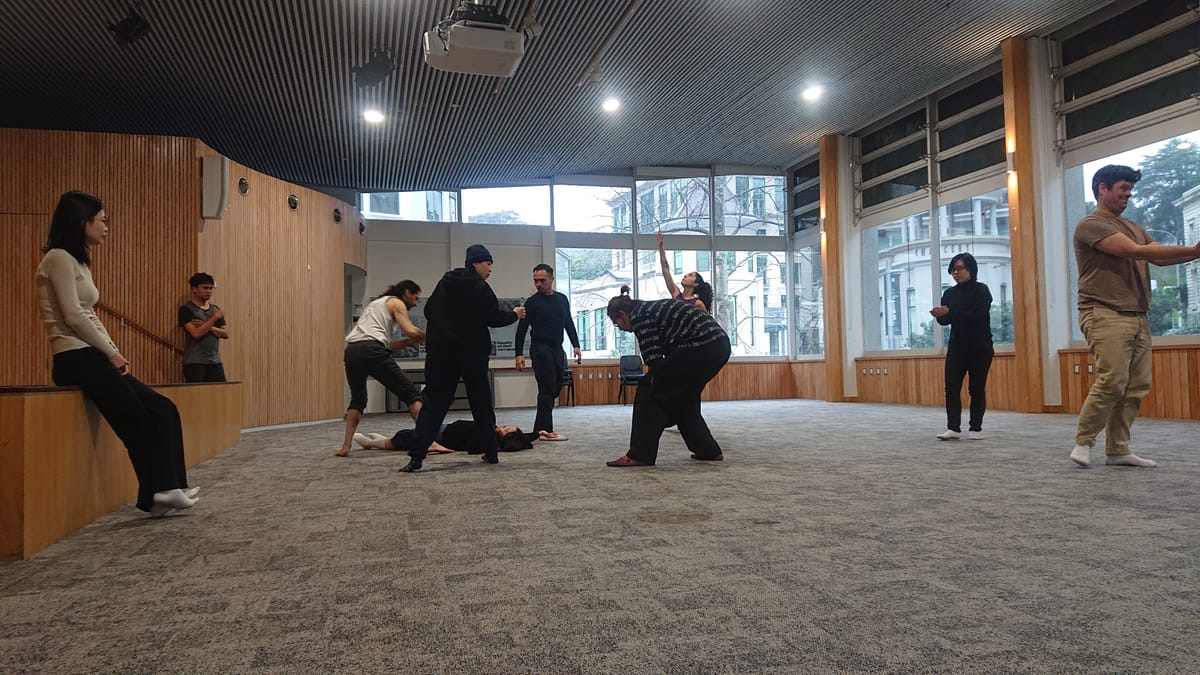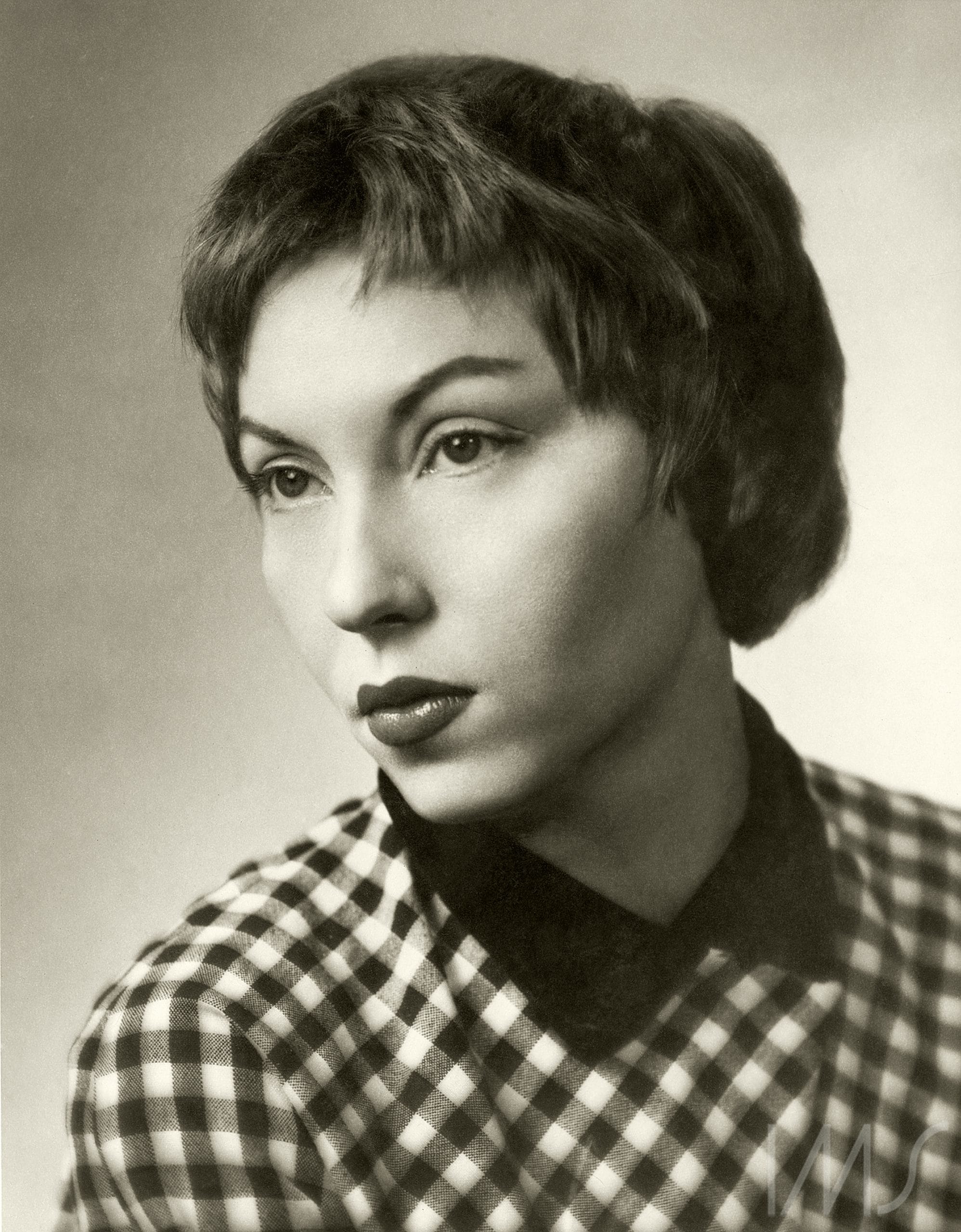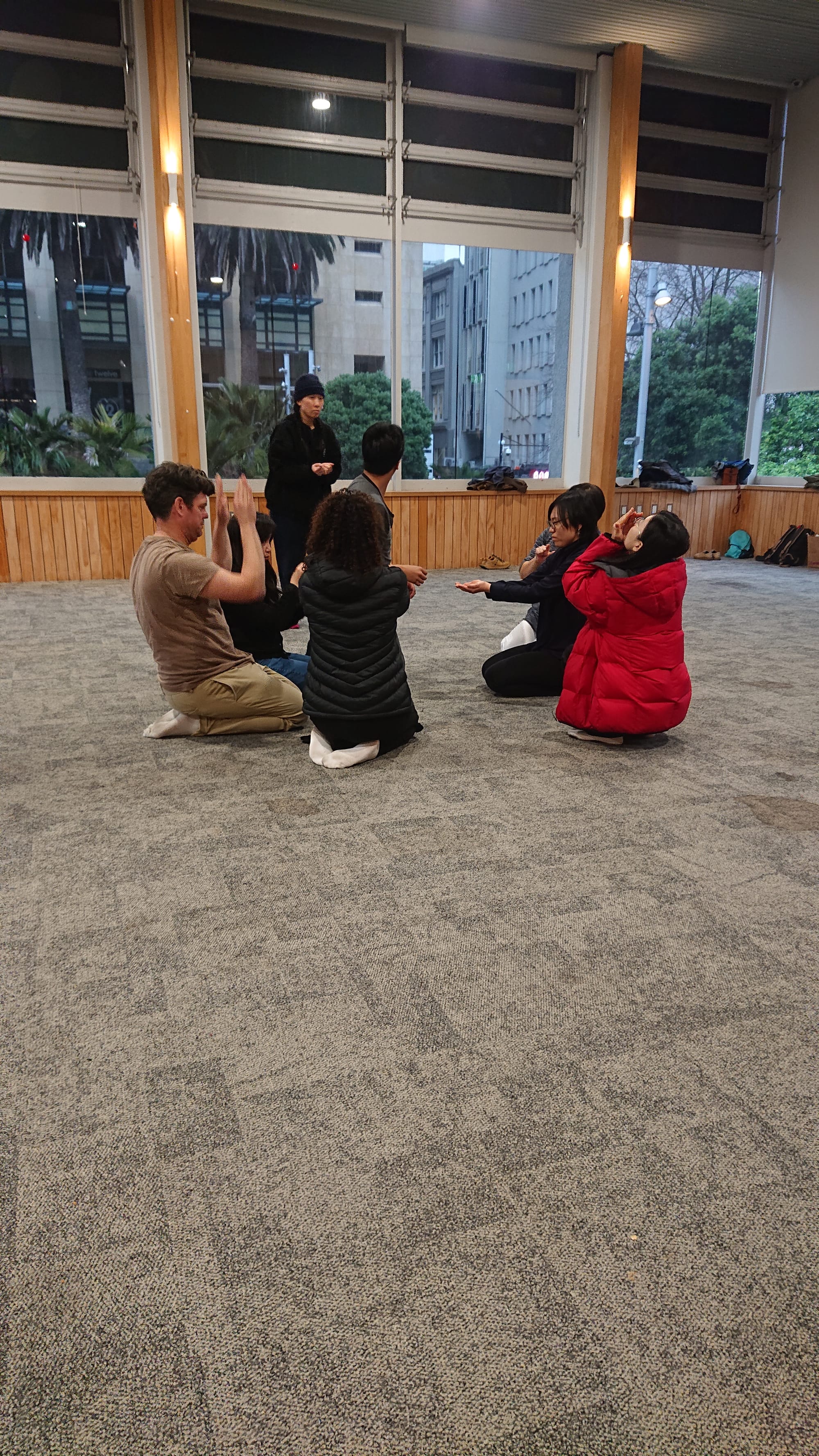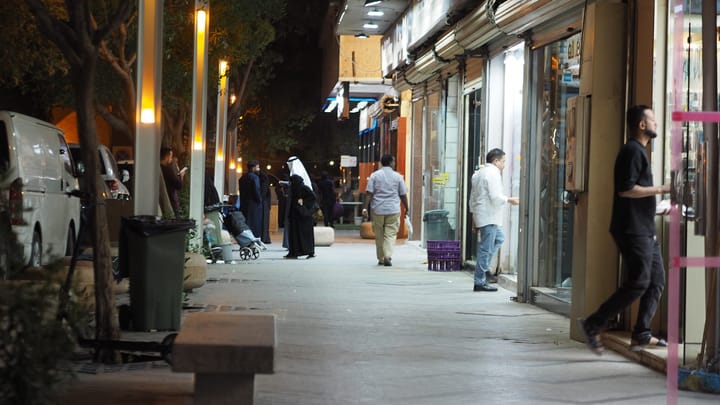Minus workshop 8, part 1: speaking, dialogue or not, sarx, pneuma and psyche; & part 2, the elizabethan play

- dialogue progresses the action. At least in conventional theatre it does; and I am starting with dialogue because dialogue usually covers speaking, where there is more than one of them, roles in theatre.
- there are two types of action: conscious and unconscious. It would be a mistake to consider the physical actions of the body, its gestures, postures and movements, to include what we do consciously or largely consciously and what our bodies do, whatever the etiology of it, as it were, unconsciously (as if seeking our shame, letting our dirty secrets be known and betraying the purity of our spirits), but consider dialogue—speaking—because of its intentionality, to be largely conscious, a conscious act, invested by us, even when others don't understand us, with meaning. Psychoanalysis gives this the lie. The analyst listens carefully to the analysand, not for the meaning of what they say but for slips of the tongue, repetitions, patches of incoherence, indices, as Borges says of the world of God's creation, of unreality. There's the real story. It shows our pretense of reasonableness, adulthood, of acceptable normality, to be just that, a high level performance, of which, through its cultivation, we have become unconscious. Chekhov's dialogue famously puts everything in the subtext. The action is no longer on the surface, however since in his plays dialogue progresses dramas and conflicts, actions, by what is not said, it is still there and serves this function. Intentional speech in performance might equate to a bad naturalism whereas a good naturalism looks past the act of speaking or distracts away from it, to give the unconscious more freedom.
- the action has gone inside: this is not a new type of action. Chekhov's plays generate the problem that leads Stanislavsky at the Moscow Arts Theatre to his famous method, which becomes at Lee Strasberg's Actors Studio in New York, and subsequently the Lee Strasberg Theatre and Film Institute, the Method with a capital M. For Stanislavsky (I can't write it without thinking of Elric Hooper, artistic director at the Court in Christchurch, who, when asked why he used such big words, replied, Well, I can't think of a smaller word for Stanislavsky), the key to playing the subtext, that intended to lie beneath the dialogue, was to establish the mood evoked; actors were to be made conscious of where the scene placed them emotionally, not in general, but in its specificity; they were to learn about the real conditions of experience of the characters they portrayed, for example, in Gorky's Lower Depths, the conditions of the lowest social strata; they were to become technicians of emotion as part of being true to life, authentic and real, in their performances. We can see how this plays into Social Realism but since it is a matter of intention, the actor's before the character's, it also goes for Chekhov's more psychological drama. The technique is to bring to the surface, and therefore the working space and stage, feelings to be worked on; rather than symbolic gestures of the previous theatre (Bernhardt, then known as the greatest actress of her generation, greatly underwhelmed theatre-goers in Moscow), actors, as emotional technicians, study gestures and nuances of the voice and learn how to control breathing. For Artaud it is a spiritual practice, connecting the Latin meanings that have their origin in pneuma. For Strasberg's Method the associations passively formed are actively sought by the individual actor, where they are not so much to be put to work in dialogue as in monologue. The presumption here is of characters as psychological individuals, who have biographies for actors to explore, and sometimes as a part of their preparation, write. There it can be established what those associations are that the actor can recreate. All of this engages conscious action; it is acting.
- the playwriting that accepts dialogue progresses the action is utilitarian. Beckett uses it against itself. First performed in 1953, Waiting for Godot said one critic is a play in which nothing happens—twice, once in the first act, again in the second act. We have to go back to Shakespeare for dialogue that does not progress the action. In Shakespeare dialogue, the endless talking, holds it up; one theory has it that the reason Hamlet, if performed in full, would be four hours long is that the Elizabethans spoke twice as fast as we do: four hours for us was two hours for them.
Now in Minus we have noted this tendency for scenes to go silent and when the actors speak it is not to progress the action. Speech, language, is gesture, so I have asked the group to say what they are doing, not to explain it but as a further articulation of what is going on physically. The other thing to say about this, two more things in fact, is that the dialogue is not for meaning, not intended to have meaning, but for the sake of the language, and of the body, the space suffused with sound, and other languages used because simply it sounds nice; so that generosity becomes necessary, being generous with time becomes necessary, for actors who encounter one another, in order to make decisions about what actions follow, and these encounters are either silent or accompanied by speech that has no consequence. It is here that Minus can be said, rather than improvisation, to be extemporisation; everything happens in the interval.
We have found that using language just for the sake of language creates energy. Possibly because it is a form of physical contact. But I've also felt as if I have to introduce speaking artificially, that it doesn't naturally evolve from doing the scene.
In the past there have been various expedients. One which worked for Marks of Lispector was to litter the space with excerpts from Clarice Lispector's novel Agua Viva, 1973. These were in English (we used leafblowers to blow them around the Old Folks Ass. Hall where we were performing, and they were written on tracing paper. The effect was, although not the coup de théâtre that was, reminiscent of Slava's Snow Show—
Why Lispector? Two Brazilians were in the company at that time, Thiago and Felipe, and both revered Lispector. Neither could comprehend why she wasn't more well-known outside of Brazil.)

Actors picked an excerpt up at random and used it for the words, translating it into their first language, and as the seed to start the scene.
Another approach can be seen here:
What can also be seen here is the variation between performers who have a proclivity to speaking while acting, usually those with experience doing plays, and those who don't. Clive Barker's Theatre Games, 1977, answers the question, How do you remember all those lines? with, It's like a ticker-tape unspooling, which suggests that it's not the semantic content, as it were, that sticks in the memory or provided the impulsion to the motor function of saying the lines. It suggests that it is the motor-sensory apparatus itself that with practice can reproduce in the correct order a great number of words. In turn, this resembles Bruce Chatwin's Songlines, 1987, with its unforgettable scene, Bruce on the back of the ute, one fulla muttering under his breath at full tilt as they bounce along, another insisting that they stop, letting the mutterer out to let the landscape carry its narration at the correct speed, at walking speed. Singing it, or letting it sing him, into existence.
The other source for the practical workshop which followed from these considerations—
- In short, Minus's practice departed from the beginning from dialogue progressing action as much as from a literary theatre based on plays, scripts, that are as such the object of drama studies and the reason for Drama Studies in English-speaking universities being based in English departments. The reason too is two-fold, part of an anti-utilitarian art project (all art quite useless, Oscar Wilde) and a post-colonial theatre project. (Although to use the term is to invoke the rightful response: what, post-colonial? Have they gone?) It could not be otherwise, since one actress spoke Russian to another who spoke Korean, to another who spoke Mandarin to a dancer who as soon used the language of dance as her first language.
- In practical terms—
and, two weeks having passed, I find myself reconstructing these considerations. Two weeks have passed, another workshop has intervened, before I've had time to finish this post, from which a short report on workshop 9 will follow. A reconstruction complicated by distance.

I am sitting at the breakfast bar of our studio apartment in Riyadh. The sun is rising behind me. It is October 5 in the Kingdom of Saudi Arabia. Posts will follow explaining this circumstance, once I've organised my photos, and shaken off some of the residual tiredness and lagginess, which is partly to blame, along with waking up at 4.30am to hear competing calls to prayer from the suburb springing up out of the desert just out the window. (Were the mosques already there? and did the houses follow? Or were they first to be built?)
- —I decided a nearer answer than to Beckett's using utilitarian dialogue against itself, to make nothing happen, twice, or as many times as necessary, was to refer to the hard life of an actor at the time of Elizabeth.
If I remember rightly the testimony came from an actor working in Spain in the 16th century. An actor's life is hard.
In the morning he writes.
In the afternoon he rehearses.
In the evening he performs, sometimes two performances.
- what is written are the passions: these are the soliloquies in Shakespeare. In them each actor is expressing a strong emotion in the most beautiful and compelling language possible. Poetry. Moreover, he (hes traditionally playing shes) is competing with his fellow actors, for whosoever shall express a passion most beautifully and forcefully garners the audience's approval; and whomsoever shall be approved is also preferred above the rest of the acting company.
- what is rehearsed are stories, fairytales, borrowings from other folktales, like those of Boccaccio, stories on classical models, narratives of contemporary history: these are your Midsummer Night's Dreams, your Romeo and Juliets, your Troilus and Cressidas and your history plays. They are for the repertoire, because at night sometimes a manager will call for a play out of the air, a variation of a conventional narrative, say, and expect the actor to hop to it. As long as the repertoire is wide, it should give the actor no trouble.
- what is performed is then, the one about the star-crossed lovers—but let's throw in a curmudgeonly uncle, a solicitous nurse, depending on who's available in the acting company that night. Let's have a comical porter. A commedia dell'arte set of tumblers and clowns. And it's up to the actor when he—or she—
breaks into the action and lets loose with a passion.
The effect can even be comical. Even when sincere it can be, with the company upstaging the actor in the grips of passion, doing his or her soliloquy, what a piece of work is man, to be or not, by making farting noises. (Let it be noted here that I just changed my education in my FB profile to "studied at Downstage," a theatre named for the opposite expedient of upstaging, showing humility and generosity onstage; and that this was to reject prevailing practices in NZ theatre borrowed from British rep companies of any sort of amateur egoism, which led to the star system. It was company-first.)
I couched my proposal in these terms for the workshop on 22 September and suggested as our model for a performance to come out of the ongoing series of workshops to be
the elizabethan play
I imagined this would suit Minus well. In the workshop on the 29th of September we tried it. As presented at this workshop, the idea was of the actors writing passions or speeches or soliloquies which they could insert into any story, interrupting it, holding it up, performing an interval in the action. And this might too be to comical effect. I can imagine it.
What the text could be could vary across the different cultures and different personal perspectives of the group. If a dancer, say, he could break into the action with a solo. If a poet, with a poem. If a memoirist, with a piece of reminiscence. And it need not be anything original. It could be a borrowing, a Classical Chinese poem. A speech from a well-known movie. A song, either sung or not. The simple requirement would be that it came from the individual actor and no other.
I'm referring to my notes, apologies for omissions, misspellings, and so on:
Zach, meeting me in the foyer of the Ellen Melville Centre, turned up before the workshop. He had questions about the theatre scene in NZ. Filipino, he had been studying in Taiwan, and also while there had for six years been doing improvisation (and, it later turned out, stand-up: a lot got turned out in fact, like that he could speak Chinese along with Spanish, English, Tagalog and German, and could move like a dancer). Nabetha, Brazilian. Adam, new to Minus too; Rachel again, who left early... Ben also, until abour 5. Chen, Chenby, Alex, Kuang (of course that's the right spelling!), Nick, Ann, Yuka from 4-ish.
Yuka led the last thief scene. A magical animist matcha tea ceremony, a raking of the gravel in the Zen garden, low work, kneeling—Yuka started the action, then circling, circling. Zach hooting from beyond the perimeter. Yuka joining the circle at the last as if she had designed her performance to spiral out and in to a finish.
Life-stories were fascinating. Zach's lovelorn, Come on... Come on... come on... come on... its repetitions going from excited to dejected, as he travelled on alone. (It had also turned out he'd only been in NZ for 6 days.) Adam's gathering and sharing of knowledge and joy. Chenby said, A walking meditation. Which he liked very much. ... And there, precipitously, my notes end.



